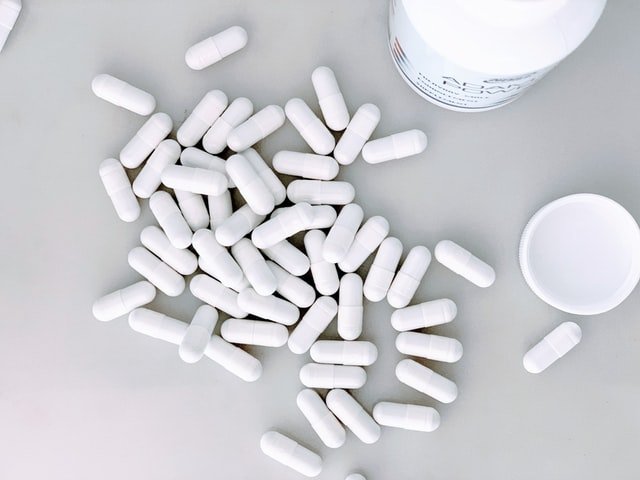
In a new study, after screening thousands of drugs, researchers have found one that completely eliminates the bacteria that causes Lyme disease.
They found drug azlocillin not only kills off the disease-causing bacteria Borrelia burgdorferi at the beginning of the illness but could also effective for treating patients infected with drug-tolerant bacteria that may cause lingering symptoms.
The research was conducted by a team the Stanford University.
Lyme disease affects more than 300,000 people annually, according to the Centers for Disease Control and Prevention.
It can affect various organs, including the brain, skin, heart, joints and nervous system, and cause heart problems and arthritis if untreated. Symptoms include fever, headaches, chills, and muscle and joint pain.
For decades, the routine treatment for Lyme disease has been standard antibiotics, which usually kill off the infection.
But for up to 20% of people with tick-borne illness, the antibiotics don’t work, and lingering symptoms of muscle pain, fatigue, and cognitive impairment can continue for years—sometimes indefinitely.
Frustrated by the lack of treatment options for Lyme disease patients with lingering symptoms, the team began hunting for a better alternative in 2011.
In 2016, they published a study that listed 20 chemical compounds, from about 4,000, that were most effective at killing the infection in mice.
All 20 had Food and Drug Administration approval for various uses. One, for instance, is used to treat alcohol abuse disorder.
In this most recent study, azlocillin, one of the top-20 contenders, eclipsed 7,450 compounds because of it’s effective in killing B. burgdorferi and causes fewer side effects.
The team says the compound is just amazing. It clears the infection without a lot of side effects.
Traditional antibiotics, such as doxycycline, are effective as an early course of treatment for the infection in the majority of patients but fail to treat 10% to 20% of patients
The researchers are hoping to repurpose it as an oral treatment for Lyme disease. They have patented the compound for the treatment of Lyme disease and are working with a company to develop an oral form of the drug.
One author of the study is Jayakumar Rajadas, an assistant professor of medicine and director of the Biomaterials and Advanced Drug Delivery Laboratory.
The study is published in Scientific Reports.
Copyright © 2020 Knowridge Science Report. All rights reserved.



